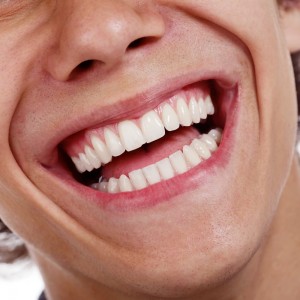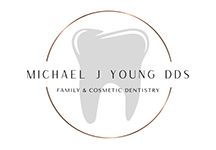 There are many different types of dental surgeries. Some are simple, and others are a bit more invasive and challenging. Tooth extractions are usually one of the easier procedures. Generally necessary when one of your teeth is impacted, injured, or damaged beyond repair by infection, extractions may require little more than a local anesthetic. Extractions are also sometimes necessary when preparing for full dentures or dental implants. While sedation techniques can keep you oblivious and comfortable during the procedure, a bit of post extraction discomfort is to be expected. To make recovery easier, follow some of the following suggestions.
There are many different types of dental surgeries. Some are simple, and others are a bit more invasive and challenging. Tooth extractions are usually one of the easier procedures. Generally necessary when one of your teeth is impacted, injured, or damaged beyond repair by infection, extractions may require little more than a local anesthetic. Extractions are also sometimes necessary when preparing for full dentures or dental implants. While sedation techniques can keep you oblivious and comfortable during the procedure, a bit of post extraction discomfort is to be expected. To make recovery easier, follow some of the following suggestions.
Keep it Soft
After your procedure, you will likely go home with an aftercare sheet that includes the advice “Stick to soft foods.” Don’t forget to also avoid chewy foods. Since you are likely to have some residual numbness following your extraction, any food that requires heavy chewing action puts you at risk for biting and injuring your inner cheeks, tongue, and/or gum tissues. Chunky food should also stay off the menu right after an extraction as food debris can get lodged in the socket and cause infection. For at least the first 24 hours after you have a tooth extracted, stick to liquid for nourishment as well as gelatin, yogurt, smoothies, cottage cheese, and scrambled eggs.
Post Extraction Care
Mild to moderate inflammation is expected after a tooth extraction. Cold foods (popsicles and ice cream for example) are both delicious and comforting, and as an added bonus, the temperature naturally reduces the inflammation which generally occurs after an extraction. Cold causes your blood vessels to constrict. For this reason, applying a cold pack to your outer cheek for 20 minute intervals to provide relief may help. That first twenty-four hour period following any dental surgery is a time when you should take it slow and avoid any risky behaviors. Sometimes alternating cold and heat helps the blood vessels to aid in fluid drainage, but follow Dr. Young’s specific instructions after your procedure.
Visit your Lafayette Dentist
If you mouth seems to be on fire all the time, for no explainable reason, Dr. Young can treat burning mouth syndrome. Contact our dentist office in Lafayette, Louisiana, at (337) 237-6453 to request an appointment.

